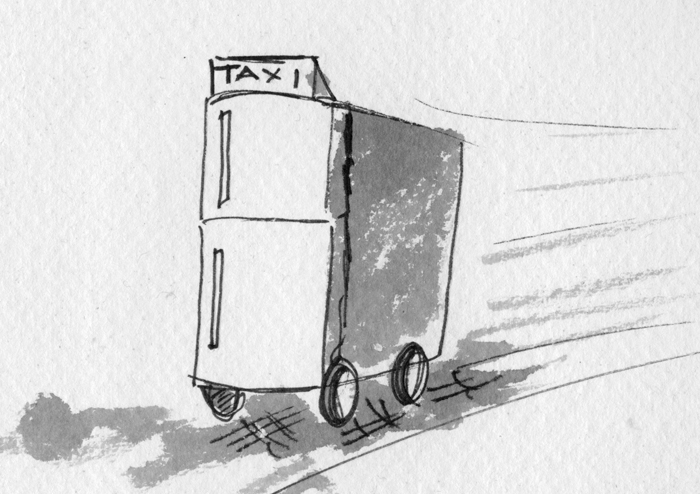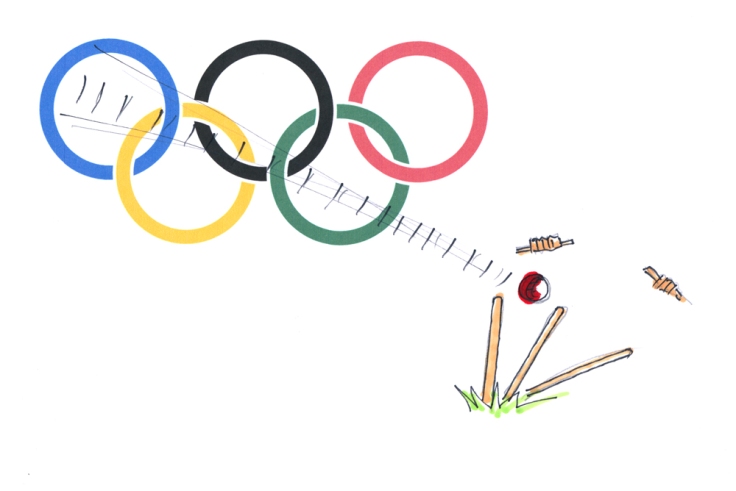
Looking through the programme for the Royal Institute of Navigation’s INC16 conference there is a hint of “Life, the Universe and Everything”. The topics are as diverse as ever. Speakers will address navigation in space, automotive security, and the neuroscience behind 3D thinking. Some of the papers are intriguingly topical: “sensing and cognition in mixed reality systems”. You and I know it as Pokemon Go!
So is this the RIN deciding that if you look hard enough you can see navigation in everything?
Well yes – but only because it’s true. We have grown used to finding things and people on the internet. That is “finding” in the sense of “identifying” but not really touching. It’s why the virtual world is – well – “virtual” I suppose. In this virtual world it is possible to steal someone’s identity without having to kidnap them, give them a concrete overcoat and drop them off Southend Pier.
The problem is this. If these two worlds were perfectly tied together the benefits would be lost. A virtual world perfectly locked to reality is no more useful than the real world. It’s like printing off an e-mail, sticking a stamp on it and posting it.
So the secret lies in keeping the two worlds apart and only letting them touch where we want them to. And it’s the touch-points that are of interest. Identity is one touch-point; so too is location. The virtual world becomes a really useful world when things can hop out of it and land exactly where we want them to in the physical world.
We don’t want to know where someone is in order to send them an email but we want it to reach the right person. On the other hand, we do want the dot on the screen to turn into a real Uber car but we don’t care what make the car is. The fidelity of information at these touch-points is key. I don’t want a bank transfer to be made to someone a bit like me; there’s no point in an Uber car turning up in roughly the right place.
Maybe those who coined the phrase Internet of Things missed the point. Cyberspace is already full of things – real and virtual. It’s the locations that matter. Or put another way, things with real locations are much more interesting than thingy things. Uber has changed the world in just a few years whereas the self-stocking fridge….
The IoT is dead? Maybe not. But long live the IoL – the Internet of Locations.
So come and learn how to tell your Ubers from your self-stocking fridges. INC16. 8 to 10 November 2016. University of Strathclyde. Only a short fridge-ride from the Glasgow Airport.
http://internationalnavigationconference.org.uk/.

Recent Comments